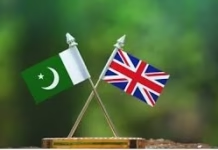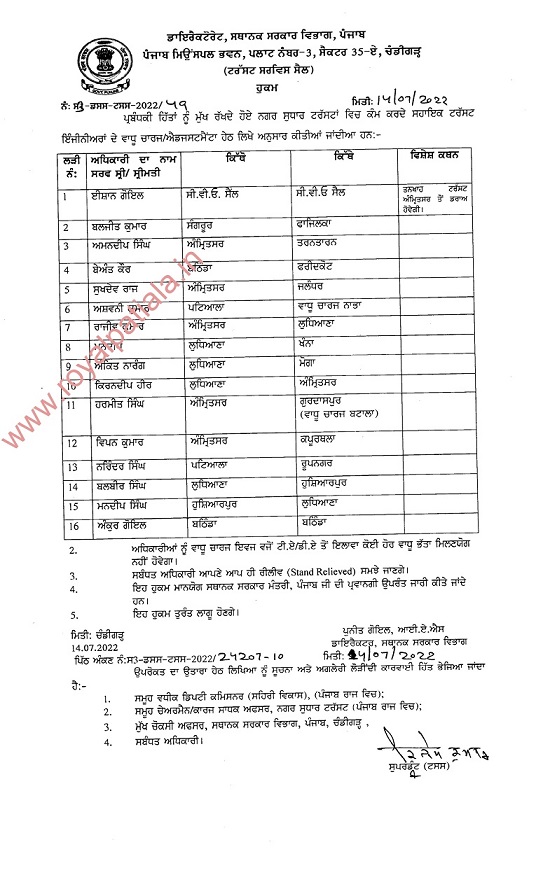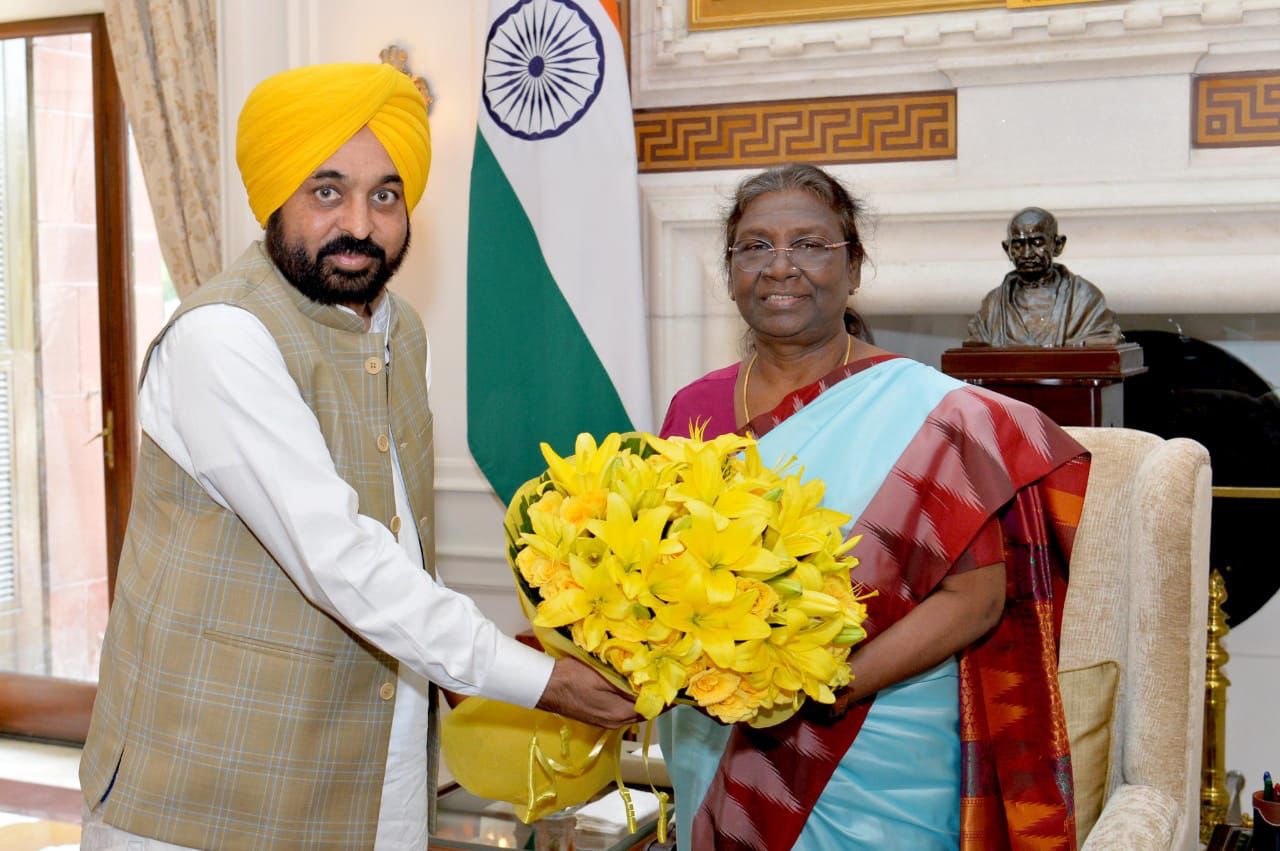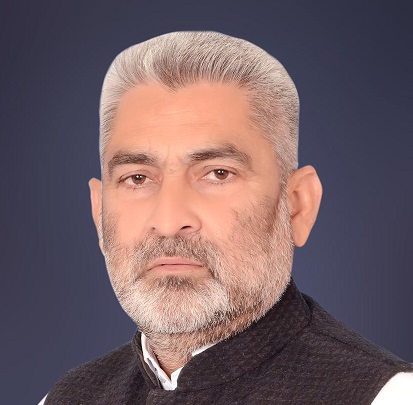Electricity (Amendment) Bill, 2022 not to benefit consumers
Kanwar Inder Singh/ royalpatiala.in
A roundtable conference on the Electricity (Amendment) Bill, 2022, held on Tuesday refuted claims of the center that the amendment was intended to benefit the consumers and demanded the withdrawal of the bill.
The roundtable conference was held at Vishakhapatnam and chaired by K.S. Chalam, former UPSC member and former Vice Chancellor of Dravidian University. The other speakers included Shailendra Dubey, Chairman AIPEF, Prasanta N. Chowdhury general secretary EEFI, Prof. P.George Victor Former Vice-Chancellor Adikavi Nannaya University, P.Rathnakar Rao Secretary General/AIPEF, T.Jayanthi, General Secretary TNEF and other trade union leaders.
This is the first roundtable conference to create awareness among all stakeholders on how the amendment would impact them and profit the corporate groups.All states will be holding such awareness meetings in the next two months.AIPEF federal executive meeting shall be held on September 18 at Srinagar to discuss strategy to stop Electricity (Amendment) Bill 2022 and privatization of power sector, Said V K Gupta Spokesperson, All India Power Engineers Federation(AIPEF).

K.S. Chalam,a former UPSC member said that the new economic policies are the root cause of the malady of privatisation. The World Bank is trying to thrust its views on governments across the world through privatisation of PSUs,” said The Electricity (Amendment) Bill will allow multiple private discoms to buy power from the generation companies run by the government, use the infrastructure of the government-run discoms, and supply power to profitable areas.
Electricity (Amendment) Bill, 2022 not to benefit consumers. They will neglect rural areas, where consumption is comparatively less. The non-profitable areas will have to be serviced by government-run discoms and they will end up making losses.
Shailendra Dubey attributed the losses of state-owned discoms to non-reimbursement of subsidies given to the agriculture sector by the state governments, and non-payment of arrears payable by the government establishments.
Prasanta N. Chowdhury., Rathnakar Rao, and various other speakers said that contrary to the claims of a reduction in tariff due to the presence of multiple discoms, the private companies may initially lower the charges. But once the government-owned discoms are pushed out of the race, the private discoms would increase the tariff as per their whims and fancies, they said, adding that domestic consumers
would be forced to pay the higher tariff.
August 26,2022











